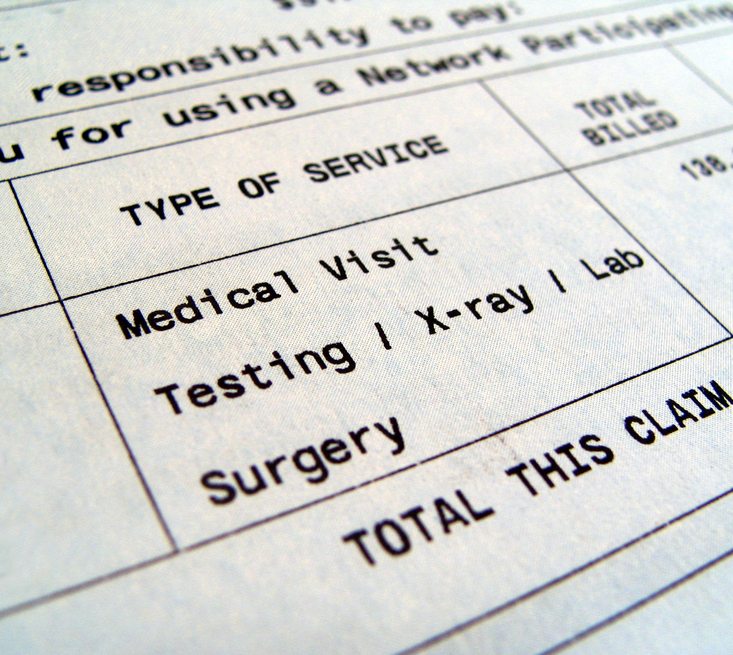Accurate medical records are a key to personal injury cases. In personal injury law, the wrongdoer (the law calls him a “tortfeasor”- we usually call him the “bad guy”) is held responsible for all of the injuries and damages caused by his negligence. If you are injured as a direct result of the bad guy’s conduct, you are entitled to be fully compensated for all the injuries that you suffered. The goal is to make the injured party “whole.” If your medical records don’t reflect your actual injuries your claim will have problems.

The purpose of monetary compensation is to try to restore you and your family to the position that you were in before your accident. It has been said the compensation is to fix things that are fixable, improve things that are improvable and make up for things that can be neither fixed nor improved.
Figuring Out Your Damages: Medical Records Are A Key To The Story
Once it is clear that the bad guy is at fault, an experienced personal injury lawyer can help you fully identify and understand your injuries. Your law firm will obtain and review your medical records. The lawyers will talk with you, your family, perhaps co-workers and even your physicians to fully understand your injuries. It is important to understand how they have affected your life. We have learned that sometimes co-workers or neighbors give the best insight into the impacts on a person. Using prior experience with similar cases, your lawyer is often able to make an estimate of the range of dollar amounts a jury could award.
Fighting Bias Against Fair Awards of Damages
Over the past 4 decades, insurance companies, their lobbyists and corporate interests have put forth a great deal of propaganda that casts personal injury victims and their lawyers in an unfavorable light. They do this purposely to bias potential jurors against injured people and in favor of the people and insurance companies they have to sue. Often, the media exacerbates this problem by highlighting bizarre or rare multi-million dollar cases. This creates the mistaken perception that most people pursuing personal injury claims receive unjust windfalls, or do not entirely deserve the compensation they receive. Nothing is further from the truth. In reality, most people injured by careless bad guys are hardworking Americans who just happened to be in the wrong place at the wrong time.
It Is Important To Follow Through With Your Doctors
The full extent of your injuries is often not obvious immediately after a collision. Some people may feel that they did not sustain a serious injury, only to discover weeks or months later that what they initially thought was a minor injury has worsened. It then may require significant medical treatment. Because of this possibility, one of the things you should do after an accident is see a doctor for a full evaluation. Depending on the type of injury, it may be best to consult with a specialist. Be certain to tell your doctor about all of your symptoms, no matter how minor they may seem. You should see this doctor as soon as possible after your accident, so the doctor can properly document the full extent of your injuries. This documentation is important because it creates a clear record of your injuries and treatment, which is essential in a legal claim. In fact, experience teaches us that no piece of paper in a claim is more important than accurate medical records.
Immediately after the injury it may be difficult even for the most experienced doctor to tell you how long you will require medical treatment. Depending on your condition, you may need follow-up care for the first few weeks or months after you leave the hospital. For some extremely serious injuries, you may need long-term or even lifelong care. Because it is often difficult to predict your needs early in a case, it is important for you to be vigilant about your health. If you notice a change in your symptoms, you should be certain to tell your doctor about it. You should also, of course, actively participate in your own recovery by following your doctor’s orders, taking your medications and undergoing whatever rehabilitation or treatment your doctor recommends.

